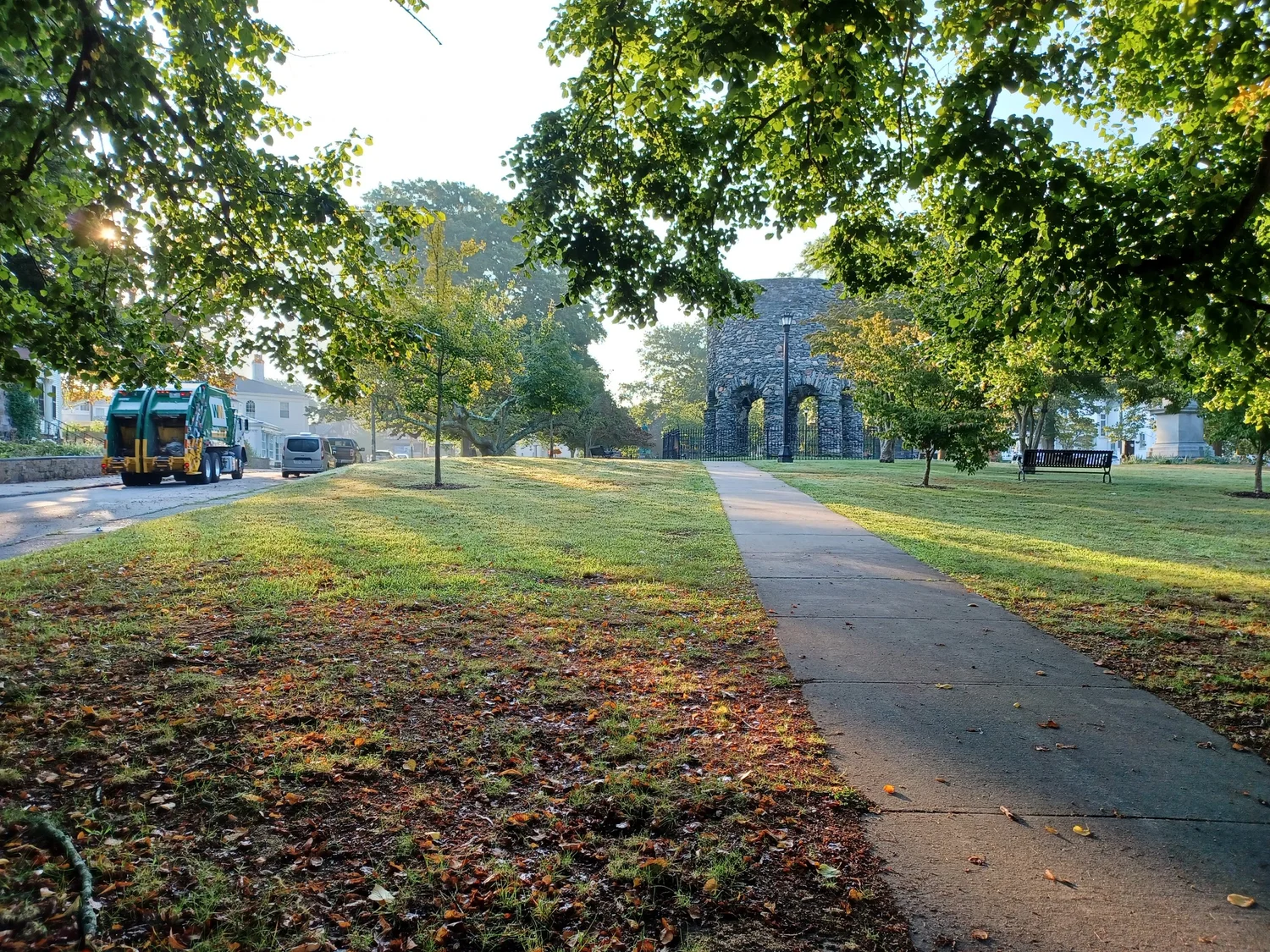Conflicting Claims and Limiting Terms
/Here in New York, the trope of endless upward wealth plays heavily in the news. Our mayor and other officials have announced plans for more affordable housing and green defenses against floods, and our civic leaders have said (how sincerely only they know) that these enhancements look like asps because they would make for more displacement of low-income folks.
Nobody is forcing a narrative of rising tides lifting all boats in an era when rising tides seem likely to drown weakly designed coastal homes. But nobody has to lock in on a story about widening gaps either. Public services can serve the public...
...provided their design and funding go before intense public scrutiny.
The AllBeforeUs framework lets kids assume roles that in real life often slip and slide: developer, public official, underserved senior, new parent, and such. It's stylized because kids can all see and can't easily duck each other. But the critical thinking kids do normally produces consensus on something- litter-reduction campaigns, say, or classes on biodiversity - that seems to shake off the specter of displacement.
I think what we're seeing in warnings of gentrification is evidence that low-income communities feel cut off from major decisions about where people work, study, and age. And in a time when available real estate is all clustering on the high ground, the feeling of being cut off can debilitate people as well as discourse.
Public agencies are providing more open data on housing and infrastructure plans than they used to. If civic groups want to look at plans and hammer out specific aspects to change or redesign, they can steer the design of housing and flood barriers in directions that the city wouldn't have derived on its own...
...and that can look like levelers, not separators. Let's see - and let's keep talking. .
